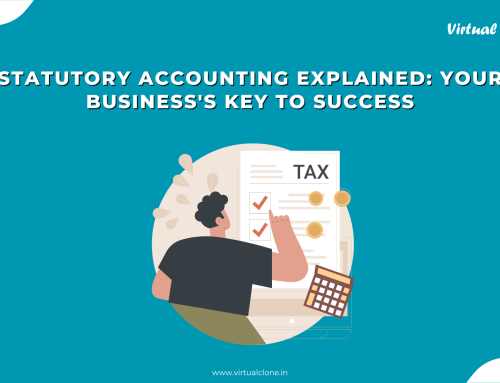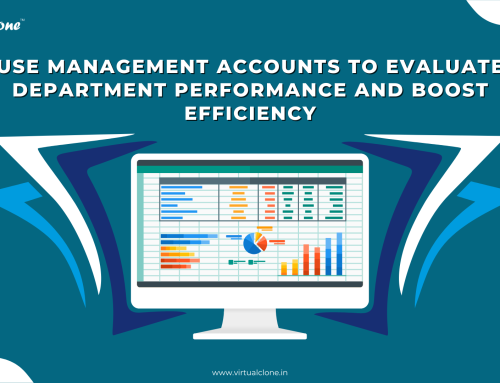Agile methodology, originally developed for software development, has been adapted for various business processes, including accounting. This approach emphasizes flexibility, collaboration, and continuous improvement, aiming to enhance efficiency, accuracy, and responsiveness in financial management.
Key Principles of Agile Methodology
1. Customer Collaboration over Contract Negotiation:
– In accounting, this means working closely with internal stakeholders (e.g., management, departments) to understand their needs and deliver value, rather than rigidly adhering to pre-defined agreements.
2. Responding to Change over Following a Plan:
– Agile accounting prioritizes adaptability. Accountants must be ready to adjust financial plans and strategies in response to new information, market conditions, or business changes.
3. Individuals and Interactions over Processes and Tools:
– Emphasizes the importance of effective communication and collaboration among accounting teams, and between accountants and other departments, over strict adherence to processes and tools.
4. Working Software over Comprehensive Documentation:
– For accounting, this principle translates to delivering usable financial insights and reports over exhaustive documentation. The focus is on providing actionable data quickly.
Core Components of Agile Accounting
1. Iterative Processes:
– Accounting tasks are broken down into smaller, manageable parts (iterations or sprints), allowing for continuous assessment and improvement. This helps in quickly identifying and resolving issues.
2. Regular Feedback:
– Frequent check-ins and reviews (daily stand-ups, sprint reviews) ensure that the accounting work aligns with business needs and allows for timely adjustments.
3. Cross-Functional Teams:
– Agile accounting teams often include members from different areas of finance (e.g., bookkeeping, tax, auditing) to ensure a holistic approach and better problem-solving capabilities.
4. Transparency and Visibility:
– Using tools like digital dashboards, Agile accounting provides real-time insights into financial data, enhancing decision-making and strategic planning.
5. Continuous Improvement:
– Regular retrospectives help accounting teams reflect on their processes and outcomes, fostering an environment of ongoing improvement and learning.
Benefits of Agile Accounting
1. Enhanced Flexibility:
– Ability to quickly adapt to changes in business environment, regulatory requirements, or market conditions.
2. Increased Efficiency:
– Streamlined processes and regular feedback loops lead to quicker turnaround times and more efficient use of resources.
3. Improved Accuracy:
– Iterative reviews and real-time data visibility reduce errors and enhance the reliability of financial information.
4. Better Collaboration:
– Encourages stronger teamwork within the accounting department and across the organization, leading to more cohesive and aligned financial strategies.
5. Faster Decision-Making:
– Real-time insights and transparent processes enable quicker and more informed decision-making.
Implementing Agile Methodology in Accounting
1. Start Small:
– Begin with a pilot project or a small team to test Agile practices and demonstrate their value before scaling up.
2. Training and Education:
– Ensure that all team members understand Agile principles and how to apply them in an accounting context. Consider hiring Agile coaches or attending workshops.
3. Adopt Agile Tools:
– Use Agile project management tools like Trello, Jira, or Asana to track tasks, sprints, and progress.
4. Regular Meetings:
– Implement daily stand-ups, sprint planning sessions, reviews, and retrospectives to maintain communication and continuous improvement.
5. Emphasize Collaboration:
– Foster a culture of open communication and teamwork. Encourage cross-functional collaboration and stakeholder engagement.
6. Iterate and Improve:
– Continuously assess the effectiveness of Agile practices and make adjustments as needed. Regularly gather feedback from the team and stakeholders to refine processes.
By adopting an Agile methodology, accounting departments can transform traditional practices into a dynamic, responsive, and value-driven approach that meets the evolving needs of modern businesses.






